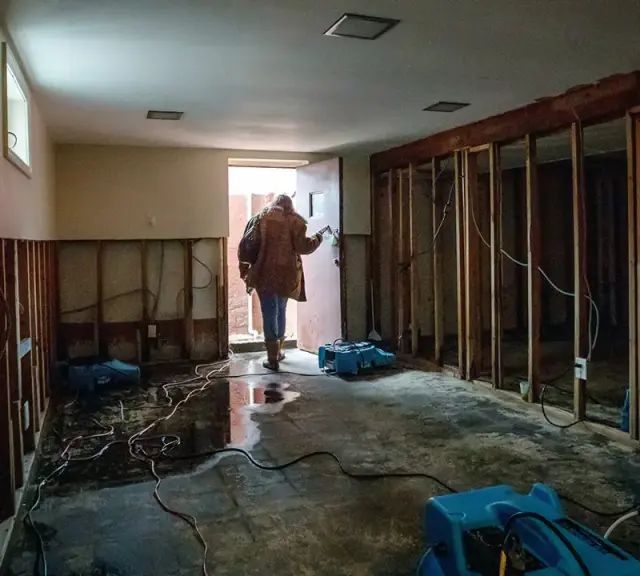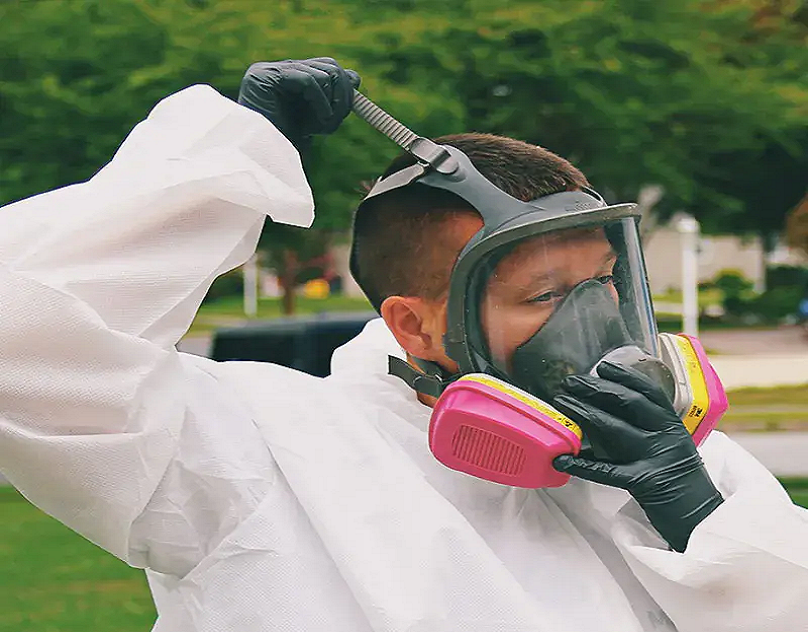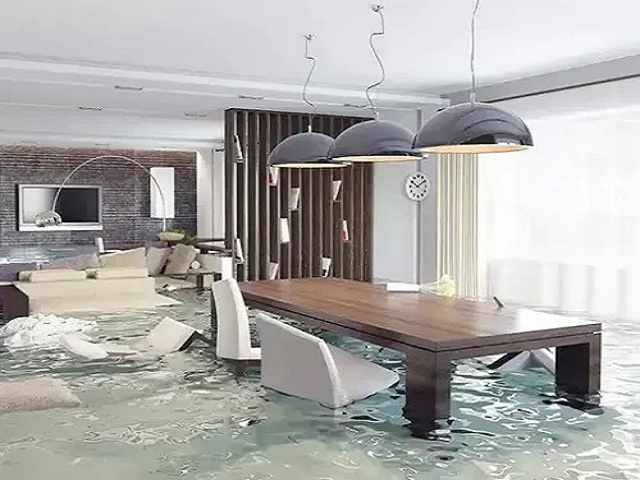
A water damage emergency, like a basement flood, can make your life come tumbling down. It can be due to faulty machinery, broken appliances, sudden showers of rain, or burst pipes; the damage water causes is no joke. The point is to do this as fast as possible in order to reduce the damage and prevent the appearance of even more serious issues, such as mold. This quick guide covers addressing flood cleanup, decontaminating water, and restoring your home after flooding.
1. What to Do When Water Damage Hits?
In the case of water having harsh effects on your home, the first thing that will likely come to mind is to take it easy and consider the safety aspects. Turn off the power immediately, in case the water comes near any of the electrical outlets or appliances. Then, have all valuables, furniture, or items that might be damaged.
2. How to Tackle Flood Cleanup?
Remove Stagnant Water: If there is a lot of water, start by wet vacuuming and then pumping it. In the case of minor flooding, you may be able to tackle it yourself, but if it becomes too much, it is better to call in experts with the right euquipment.
Ventilate and Dry It All Out: Once the water is cleared out of the space, the area must be thoroughly dried to prevent mould growth. Spreaders, dehumidifiers, or air movers can be used to accelerate the process and draw moisture out of the walls, floors, and air.
Look out for mold: Mold begins to grow quickly, typically up to 24-48 hours, so be on the lookout. In case you notice mold signs, wipe them off so that it does not spread.
Clean The Area: The water in a flood is very likely to be contaminated, and the only solution is to clean and disinfect all the affected areas, such as floors, walls, furniture, and carpets.
When something cannot be saved, it is advisable to discard it to prevent health risks.
3. Water Remediation: Restoring Your Home
The whole idea of water remediation is ensuring that your home flood emergency is a dry and safe place once again. After the job of the first cleanup has been completed, you will have to concentrate on getting rid of any excess moisture and repairing any damage caused by the water.
Dry the Structure: After cleaning up, there may be moisture left in the floors, walls, and even in the insulation. Industrial drying equipment can be used to ensure that everything is dry before the mold has a chance of settling in.
Dehumidification: As you are drying up the space, dehumidifiers will assist in getting the moisture content out of the environment so that the room is not soaking wet for the whole duration of time.
Get rid of Smells: Dampness, mold odour can be left when there was flooding. These odors may be eliminated with the use of special tools such as ozone generators, just to give the air a fresh mix again.
4. Restoration: Getting Your Home Back to Normal
After going through the process of water cleanup and remediation, it is time to have your home back to its initial phase. This may involve several alternatives of replacing drywall, flooring, or insulation, depending on the intensity of the flood.
5. How to Prevent Future Water Damage
Waterproof Your Basement: Ensure that your basement is not leaky. The foundation should be mended where it is found to have some cracks in order to prevent seepage in the future.
Clean Your Gutters: Dirty gutters will force the water to accumulate around the foundation, hence causing leaks. Do not allow this to occur: clean your gutters regularly.
Use a Sump Pump: A sump pump will help you maintain your basement dry when there is water accumulated due to excessive rain or other such water-related occurrences in the area.
Conclusion
It is not easy to handle a basement flood or water damage emergency. Still, with the right action, cleanup, remediation, and restoration, you can get back on your feet fast and prevent further long-term damage. Stay ahead of situations and respond quickly, calling in experts as needed, in case the situation worsens. Stay on top of the situation by acting fast and bringing in professionals when needed. The more proactive you are, the less likely it is that you'll face bigger, more costly issues later on.




















Write a comment ...